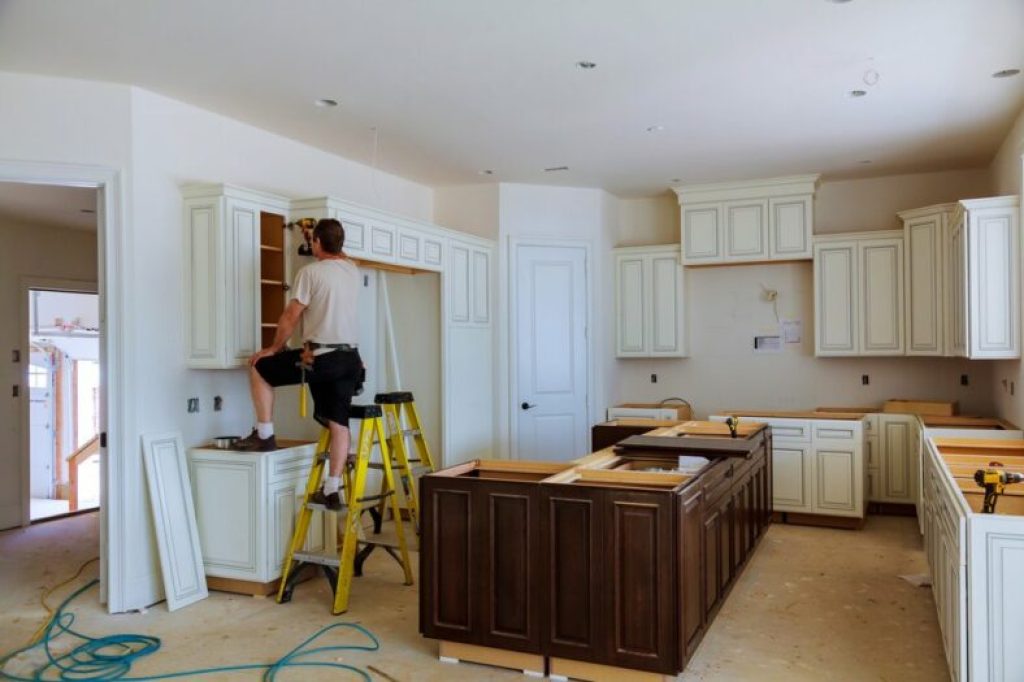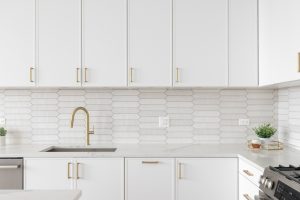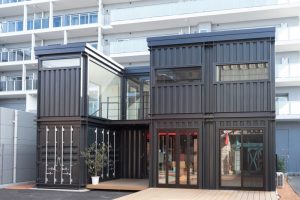How Much does It Cost To Remodel Your House?
Have you been peering at the inside of your home lately and saying to yourself “Hmm, some of these walls and rooms of mine have definitely seen better days.”? If so, then you should consider conducting a home remodeling project with the help of a professional, experienced and trustworthy contractor.
Related Topics (Sponsored Ads):
Interior Ad Block Content
Interior Ad Block Content
Interior Ad Block Content
Interior Ad Block Content
Home remodeling projects are a great way to enhance the functionality, aesthetics, comfort, and value of your home. Whether you’re looking to increase your home’s resale value or simply improve your living space, there are several popular remodeling projects that can achieve your desired goals. From kitchen renovations to bathroom upgrades, these projects can breathe new life into your home. In other words, you’ll open your front door, step inside, and give off a bright smile instead of a sad, tired sigh.
This article will explore the five most popular home remodeling projects, including their typical costs, suitability and benefits, as well as important tips to underline.

Kitchen Remodeling
Kitchen remodeling is one of the most sought-after home improvement projects. A well-designed and updated kitchen not only enhances the overall aesthetics of your home but also increases its functionality. Typical kitchen remodeling projects include replacing countertops, cabinets, flooring, and appliances. The cost can vary widely, depending on the scope of work and the quality of materials. On average however, a minor kitchen remodel can cost around $20,000 to $25,000, while a major remodel can range from $50,000 to $60,000 or more.
Regarding a kitchen remodel, if your kitchen layout is outdated or lacks sufficient storage and workspace, a remodel can significantly improve the usability of the space. Additionally, a modern, well-designed kitchen can attract potential buyers if you decide to sell your home in the future. To ensure a successful kitchen remodel, it’s essential to work with a reputable contractor who has experience in this area. Choose a contractor with positive customer reviews, proper licensing, and insurance, and ask for a detailed estimate and timeline for the project.
Bathroom Remodeling
Bathroom remodeling is another popular home improvement project that can add comfort and luxury to your home. Whether you’re looking to update an outdated bathroom or create a spa-like retreat, a bathroom remodel can truly transform your space. Typical bathroom remodeling projects include replacing fixtures, tiles, vanities, and upgrading the shower or bathtub. The average cost can range from $10,000 to $25,000 for a moderate renovation, while a high-end remodel can exceed $50,000.
Suitability depends on the condition of your existing bathroom and your specific needs. If your bathroom is showing signs of wear and tear, has outdated fixtures, or lacks sufficient storage, a remodel can address these issues and create a more functional and aesthetically pleasing space. Moreover, a well-designed bathroom can enhance your daily routine and provide a relaxing retreat within your home. Ensure that the contractor has sufficient expertise in bathroom renovations, provides a detailed contract, and is transparent about the project timeline and costs.
Basement Finishing
Transforming an unfinished basement into a functional living space is a well loved remodeling project for homeowners seeking to expand their home’s usable square footage. Basement finishing often involves adding insulation, drywall, flooring, lighting, and creating additional rooms such as a home office, entertainment area, or guest suite. The total cost can vary based on the size of the space and the desired level of finish, but typically ranges from $15,000 to $35,000 or more.
Overall suitability depends on the condition of the space and your specific needs. If your basement is currently underutilized and lacks proper insulation and finishing, transforming it into a livable space can provide valuable additional square footage for your family’s needs or entertainment purposes. Plus, a finished basement can increase the overall livability and resale value of your home.
Before going ahead, check that the contractor has significant experience in basement renovations. Also, obtain the necessary building permits, and have them provide a clear plan for moisture control and insulation to prevent future issues.
Deck Addition
Adding a deck to your home is a super cool remodeling project that can extend your living space outdoors and create a versatile area for relaxation and entertainment. Whether you’re looking to build a small platform or a multi-level deck, it’s important to consider the cost, suitability, and benefits of this project. The average cost can fall from $4,000 for a basic platform to $10,000 or more for a larger, high-quality deck with additional features.
The suitability of adding a deck to your home depends on your lifestyle and outdoor space. If you enjoy spending time outdoors and entertaining guests, a deck can provide a designated area for grilling, dining, and relaxation. Let’s face it – a well-designed deck enhances the visual appeal of your home and increases its overall value. Be sure that the contractor has expertise in deck construction, uses quality materials, and provides a clear plan for the design, permits, and maintenance of the deck.
Attic Conversion
Converting an underutilized attic space into a functional living area is a fantastic remodeling project for homeowners seeking to maximize their home’s potential. Attic conversions often involve adding insulation, flooring, windows, and creating a new room such as a bedroom, home office, or play area. The price range starts at $20,000 and can soar to $80,000, depending on the size of the space and the desired level of finish.
Suitability factors depend on the structural integrity of the attic space and your specific needs. If your attic is currently used for storage or is unfinished, converting it into a livable space can provide valuable additional square footage for your family’s needs. Better yet, an attic conversion can add a new functional room to your home without the need for an extensive addition. Don’t forget to address any structural concerns, and provide a detailed plan for insulation, ventilation, and egress requirements.
Related Topics (Sponsored Ads):
Interior Ad Block Content
Interior Ad Block Content
Interior Ad Block Content
Interior Ad Block Content





